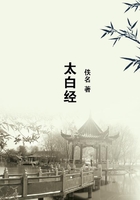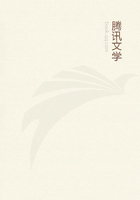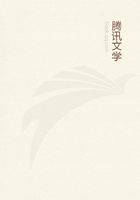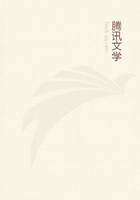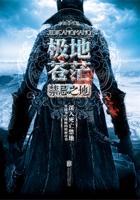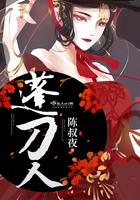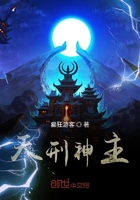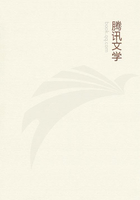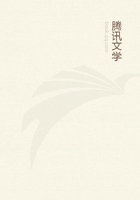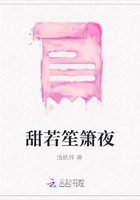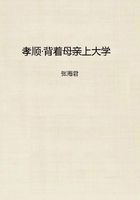The business depression which very naturally followed the short revival of trade was so serious in its financial consequences that it has even been referred to as the "Panic of 1785." The United States afforded a good market for imported articles in 1788 and 1784, all the better because of the supply of gold and silver which had been sent into the country by England and France to maintain their armies and fleets and which had remained in the United States. But this influx of imported goods was one of the chief factors in causing the depression of 1785, as it brought ruin to many of those domestic industries which had sprung up in the days of nonintercourse or which had been stimulated by the artificial protection of the war.
To make matters worse, the currency was in a confused condition.
"In 1784 the entire coin of the land, except coppers, was the product of foreign mints. English guineas, crowns, shillings and pence were still paid over the counters of shops and taverns, and with them were mingled many French and Spanish and some German coins . . . . The value of the gold pieces expressed in dollars was pretty much the same the country over. But the dollar and the silver pieces regarded as fractions of a dollar had no less than five different values."* The importation of foreign goods was fast draining the hard money out of the country. In an effort to relieve the situation but with the result of making it much worse, several of the States began to issue paper money; and this was in addition to the enormous quantities of paper which had been printed during the Revolution and which was now worth but a small fraction of its face value.
* McMaster, "History of the People of the United States", vol. I, pp. 190-191.
The expanding currency and consequent depreciation in the value of money had immediately resulted in a corresponding rise of prices, which for a while the States attempted to control. But in 1778 Congress threw up its hands in despair and voted that "all limitations of prices of gold and silver be taken off," although the States for some time longer continued to endeavor to regulate prices by legislation.* The fluctuating value of the currency increased the opportunities for speculation which war conditions invariably offer, and "immense fortunes were suddenly accumulated." A new financial group rose into prominence composed largely of those who were not accustomed to the use of money and who were consequently inclined to spend it recklessly and extravagantly.
* W. E. H. Lecky, "The American Revolution," New York, 1898, pp.
288-294.
Many contemporaries comment upon these things, of whom Brissot de Warville may be taken as an example, although he did not visit the United States until 1788:
"The inhabitants . . . prefer the splendor of wealth and the show of enjoyment to the simplicity of manners and the pure pleasures which result from it. If there is a town on the American continent where the English luxury displays its follies, it is New York. You will find here the English fashions: in the dress of the women you will see the most brilliant silks, gauzes, hats, and borrowed hair; equipages are rare, but they are elegant; the men have more simplicity in their dress; they disdain gewgaws, but they take their revenge in the luxury of the table; luxury forms already a class of men very dangerous to society; I mean bachelors; the expense of women causes matrimony to be dreaded by men. Tea forms, as in England, the basis of parties of pleasure; many things are dearer here than in France; a hairdresser asks twenty shilling a month; washing costs four shillings a dozen."*
* Quoted by Henry Tuckerman, "America and her Commentators,"
1886.
An American writer of a later date, looking back upon his earlier years, was impressed by this same extravagance, and his testimony may well be used to strengthen the impression which it is the purpose of the present narrative to convey:
"The French and British armies circulated immense sums of money in gold and silver coin, which had the effect of driving out of circulation the wretched paper currency which had till then prevailed. Immense quantities of British and French goods were soon imported: our people imbibed a taste for foreign fashions and luxury; and in the course of two or three years, from the close of the war, such an entire change had taken place in the habits and manners of our inhabitants, that it almost appeared as if we had suddenly become a different nation. The staid and sober habits of our ancestors, with their plain home-manufactured clothing, were suddenly laid aside, and European goods of fine quality adopted in their stead. Fine rues, powdered heads, silks and scarlets, decorated the men; while the most costly silks, satins, chintzes, calicoes, muslins, etc., etc., decorated our females. Nor was their diet less expensive; for superb plate, foreign spirits, wines, etc., etc., sparkled on the sideboards of many farmers. The natural result of this change of the habits and customs of the people--this aping of European manners and morals, was to suddenly drain our country of its circulating specie; and as a necessary consequence, the people ran in debt, times became difficult, and money hard to raise.*
* Samuel Kercheval, "History of the Valley of Virginia," 1833, pp. 199-200.
The situation was serious, and yet it was not as dangerous or even as critical as it has generally been represented, because the fundamental bases of American prosperity were untouched. The way by which Americans could meet the emergency and recover from the hard times was fairly evident first to economize, and then to find new outlets for their industrial energies. But the process of adjustment was slow and painful. There were not a few persons in the United States who were even disposed to regret that Americans were not safely under British protection and prospering with Great Britain, instead of suffering in political isolation.

